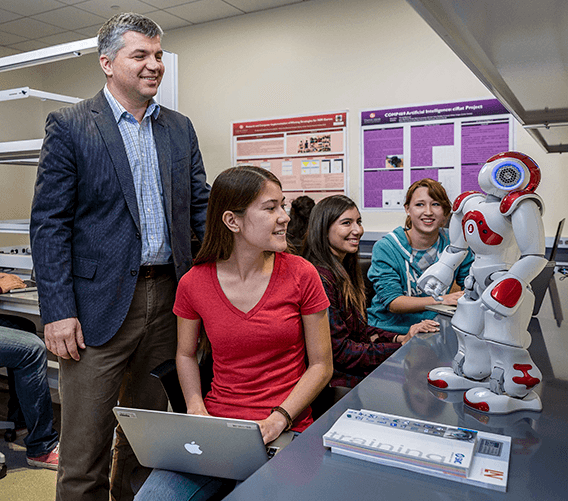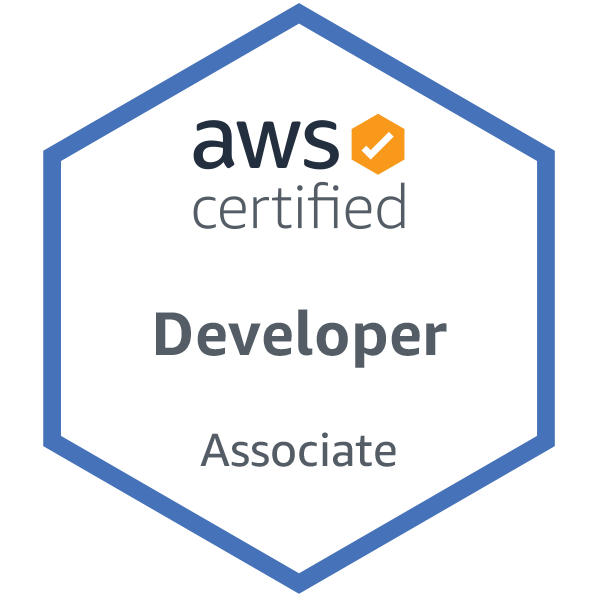This new paper was just posted as a technical report at Cornell’s arXiv (https://arxiv.org/abs/2007.01823), but it will be submitted for publication in the future. PDF of the paper.
From the abstract: Every organization needs to communicate with its audience, and social media is an attractive and inexpensive way to maintain dialogic communication. About 1/3 of the Internet web pages are powered by WordPress, and about a million companies have moved their IT infrastructure to the AWS cloud. Together, AWS and WordPress offer an attractive, effective and inexpensive way for companies, both large and small, to maintain their presence on the web.
This paper starts from the following premise:
you have been hired by a company with a small Communication budget, but ambitious plans. You have been tasked with setting up an effective web presence; in this role you have to combine both your CS/IT skills, as well as your Communication savvy. The decision has been made to deploy the web page as WordPress hosted on Amazon Web Services (AWS), integrated with social media, as well as robust Analytics to measure the effectiveness of your communication campaigns.
From introduction to WordPress on AWS: a Communication Framework
This paper is a third paper in a sequence on cloudification with AWS; the first one, Cloudifying the Curriculum with AWS, can be found here: https://arxiv.org/abs/2002.04020, and it was mentioned in this blog post, the second on Cybersecurity in the Cloud here: https://arxiv.org/abs/2003.12905, and it was mentioned in this blog post.



